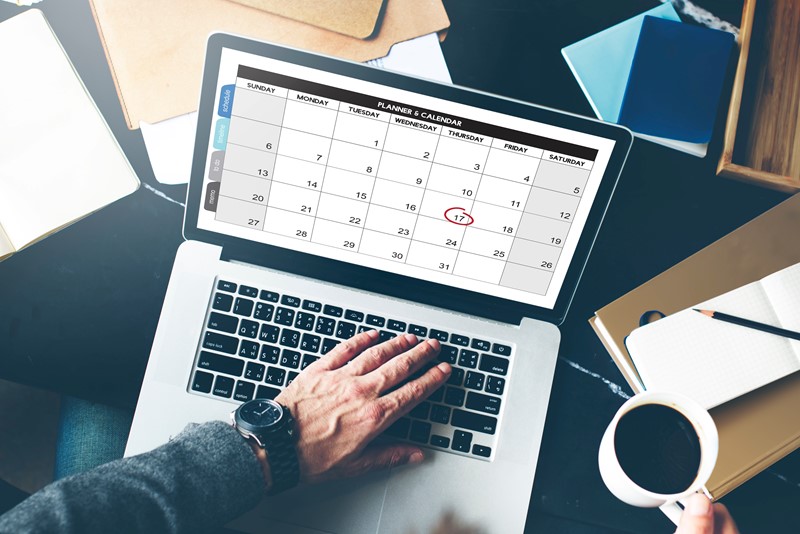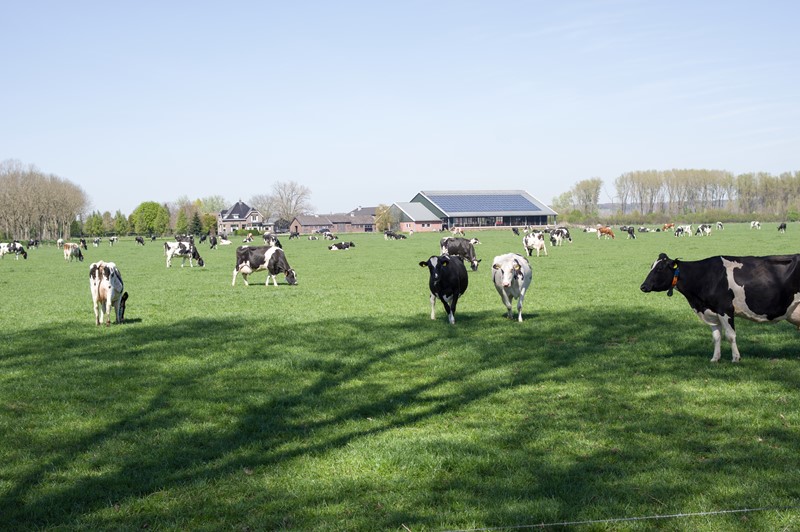The Chancellor, Jeremy Hunt, has announced a new £650 million package of measures to help boost UK life sciences.
The new ‘Life Sci for Growth’ package brings together 10 different policies including £121 million to improve commercial clinical trials to bring new medicines to patients faster, up to £48 million of new money for scientific innovation to prepare for any future health emergencies, £154 million to increase the capacity of the UK’s biological data bank – further aiding scientific discoveries that help human health – and up to £250 million to incentivise pension schemes to invest in our most promising science and tech firms.
The package also includes plans to relaunch the Academic Health Science Network as Health Innovation Networks as well as changes to planning rules to free-up lab space and updating a route for East West Rail to improve connections between the UK science powerhouses of Oxford and Cambridge.
Launching the package, the Chancellor said:
‘Our Life Sciences sector employs over 280,000 people, makes £94 billion for the UK each year and produced the world’s first covid vaccine.
These are businesses that are growing our economy while having much wider benefits for our health – and this multi-million pound investment will help them go even further.’












